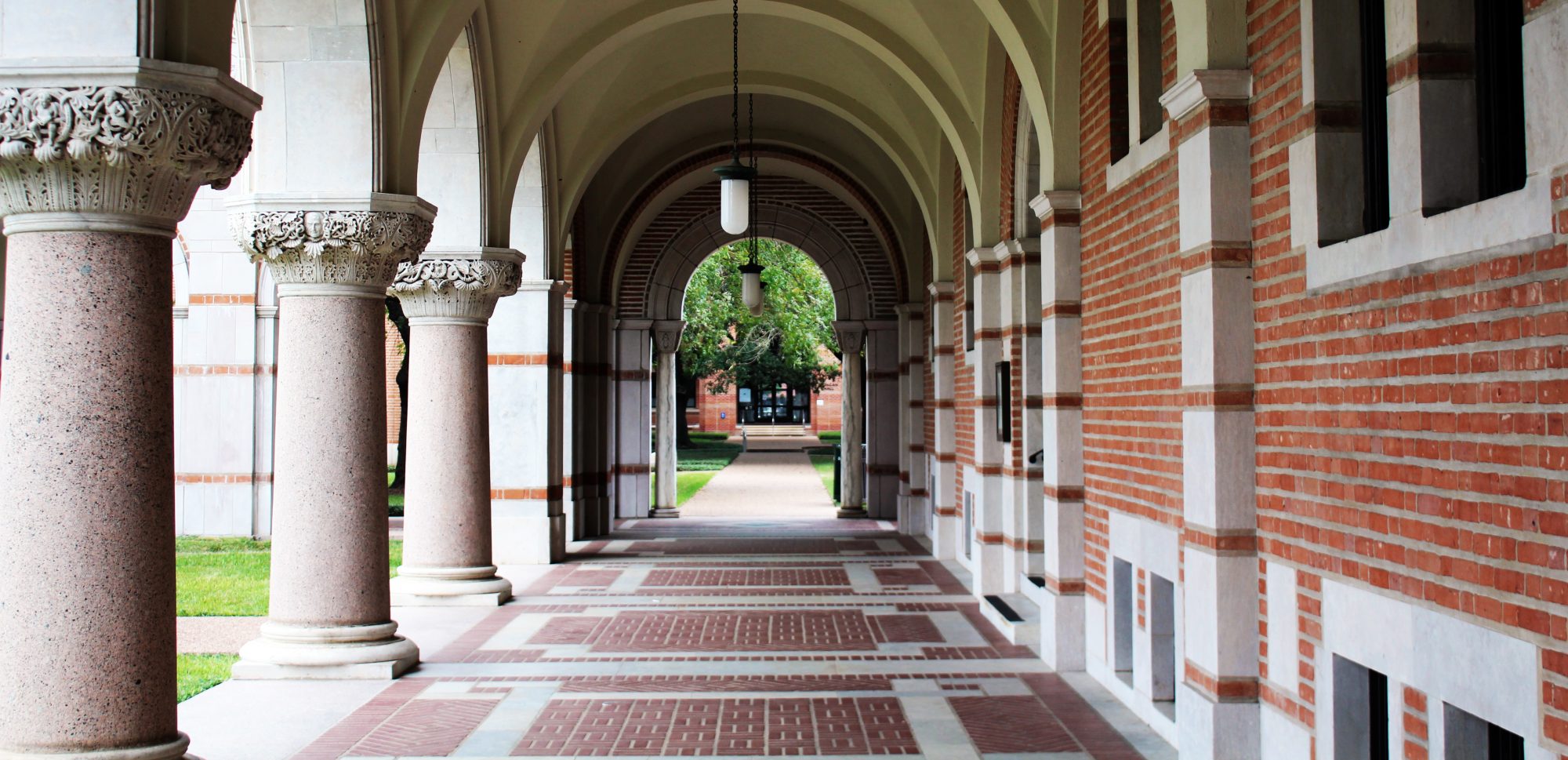Astronomical Ambition: Exploring Science, Space, and the Stars through Literature
We like to explore and are inspired by journeys to the unknown. Science is not only a discipline of reason, but also one of romance and passion. Exploration by real people inspires us.
—Stephen Hawking (2010)
Despite the fact that we live in a world of near-constant scientific discovery, much of human history has been defined by imaginative speculation about how the world functions. Indeed, the dividing line between science and humanities disciplines is largely a modern construction. In turn, this course traces the defining features of scientific investigation and imaginative exploration by studying the one medium that has melded the two for centuries: literature. Subsequently, this seminar asks its students: Is it possible to have science without fictional imagination? How does science function as both a “discipline of reason” and a “romance and passion”? What does literature have to do with science anyway? In asking students to contend with these questions, this writing-intensive seminar will embolden students to learn how to write critically about these separate and co-evolving disciplines. Going beyond reading these materials as works in the genre of science fiction, this course will ask students to consider how the humanities and scientific disciplines approach truth, knowledge, and new dimensions of space, time, and thought.
Students can expect to read material spanning from the J. J. Abrams’ Star Trek (2009) and Christopher Nolan’s Interstellar (2014) blockbusters, to Isaac Asimov’s short stories that imagine extraterrestrial life and inter-planetary space travel, to the various works of scientific fiction that span a millennium. Students will study how literary imagination serves as a crucial mediator between the chasm of human ambition and advancement and feats of intrepid audacity once deemed implausible. To accomplish this goal, students will read works from a variety of time periods and develop a hypothesis for how to trace the interplay between scientific achievement and literary imagination. Students will be exposed to not only fan favorites (such as sci-fi blockbuster movies and the literary mainstays of Asimov and H. G. Wells) but also more obscure, yet intensely engaging literary works that imagine exploration of faraway worlds and new dimensions of space and time. Literary criticism will be assigned to supplement the literature and will serve two purposes: 1) to teach students how to read and deconstruct scholarly arguments, and 2) to provide them with source material to begin writing analytically about our course topic.
Selection of Primary Texts:
- John F. Kennedy, “We Choose to Go to the Moon” (speech, Rice University)
- J. J. Abrams, Star Trek (film)
- Christopher Nolan, Interstellar (film)
- Isaac Asimov, “The Immortal Bard” and “The Dead Past” (short stories)
- Shakespeare, The Tempest (play)
- H. G. Wells, “The Chronic Argonauts” and “The Star” (short stories)
- Johannes Kepler, Somnium (short story)
- Lucian, selections from A True History (novel from antiquity)
Selection of Secondary Texts:
- C. P. Snow, The Two Cultures and the Scientific Revolution (essay, 1959)
- Enrich Auerbach, “Odysseus’ Scar” (essay from Mimesis: The Representation of Reality in Western Literature 1946)
- Stephen McVeigh, “The Kirk Doctrine: The Care and Repair of Archetypal Heroic Leadership in J. J. Abrams’ Star Trek” (from Star Trek as Myth edited collection 2010)
- Thomas Kuhn, “The Structure of Scientific Revolutions” (4th edn. 2012)
- Scott Maisano, “New Directions: Shakespeare’s Revolution—The Tempest as Scientific Romance” (essay from The Tempest: A Critical Reader, ed. Alden T. Vaughan and Virginia Mason Vaughan 2014)
- Lorraine Daston, “The Nature of Nature in Early Modern Europe” (essay from Configurations 1998: 6, 2)
- Elizabeth A. Spiller, “Johannes Kepler’s ‘Dream’ of Reading Knowledge” (from Renaissance and Reformation 1999: 23, 2)

